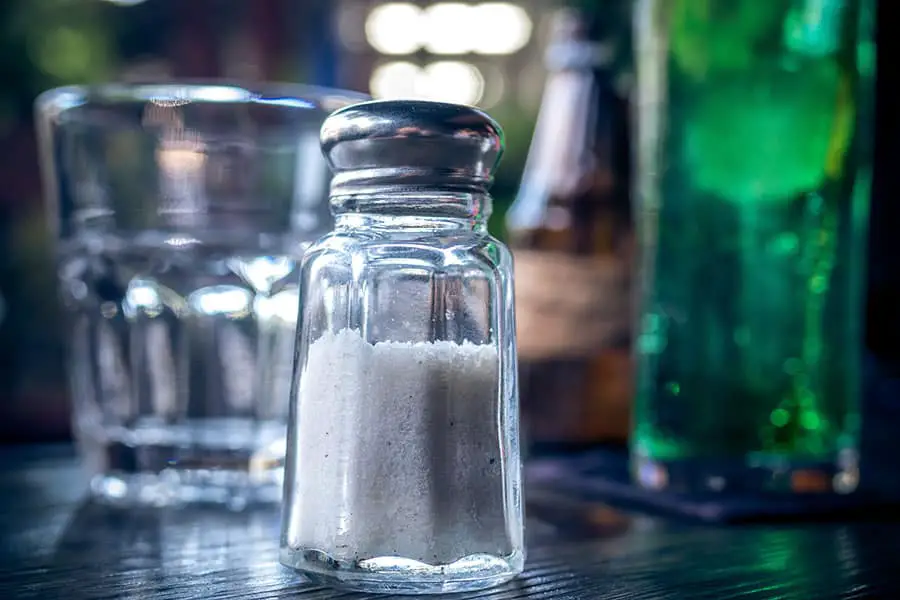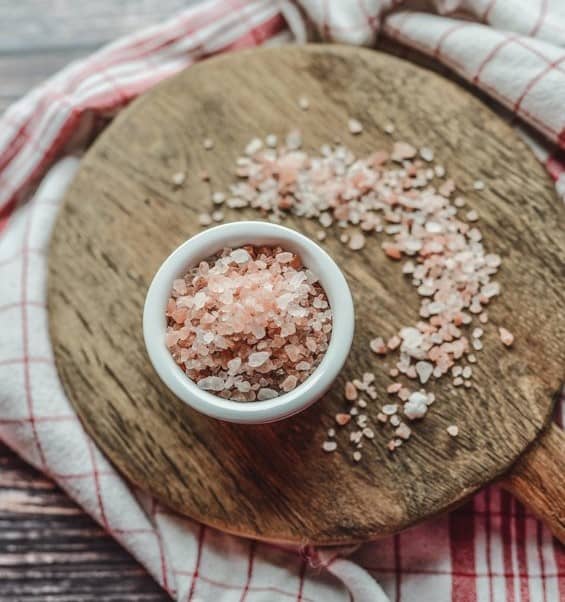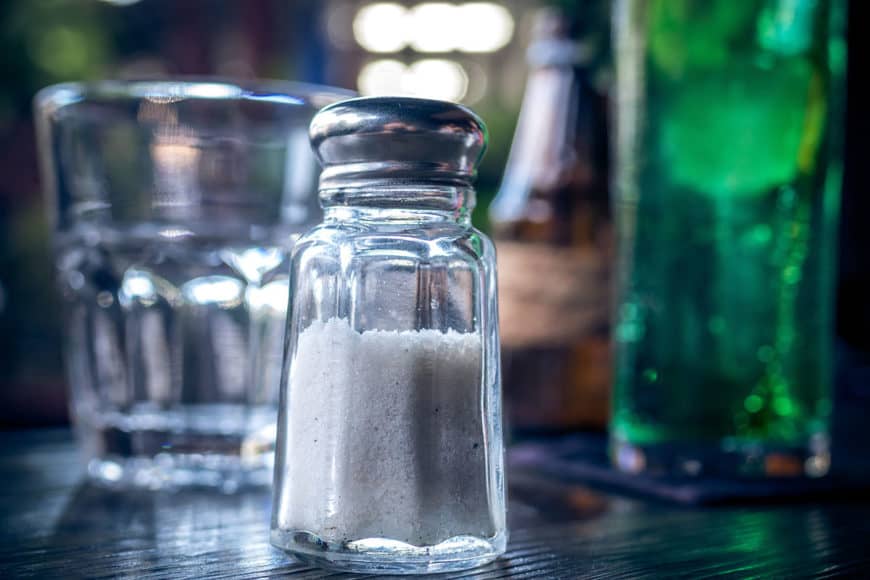
Picture this: you’re sipping your morning brew, and someone suggests tossing in a pinch of salt. Yep, SALT. If your first thought is, “What’s wrong with people?”—hear me out. Coffee’s a versatile beast, pairing with everything from sugar and cream to a splash of whiskey (though maybe save that for after work). So why not salt? Turns out, this quirky combo has science, history, and some surprising perks behind it. Let’s dive into why adding salt to coffee might just become your new go-to move.
Why Add Salt to Coffee? It’s More Than a Gimmick
Salt in coffee isn’t some random TikTok fad—it’s been around for ages. In Hungary, Turkey, and parts of Scandinavia, folks have brewed with brackish water forever, giving their cups a foamy, intense kick. Fast forward to today, and Taiwan’s sea salt coffee (think iced Americano with salted foam) is a global hit.
Even food guru Alton Brown’s been preaching the gospel of salted coffee since his Good Eats days, dubbing it a bitterness-busting hack. But why does it work? Spoiler: it’s not just about taste—it’s about science and a little health boost, too.
The Science of Salt vs. Coffee Bitterness
Ever wonder why some coffees taste like they’re punishing your taste buds? Researchers at the Technical University of Munich cracked the code: it’s not just caffeine (which only accounts for about 15% of the bitterness). The real culprits are antioxidants like chlorogenic acid lactones and phenylindanes, born during roasting.
Light roasts lean on lactones; darker ones pile on phenylindanes, making them extra bitter. Enter salt. Your tongue’s got thousands of taste buds wired for five flavors—sweet, sour, salty, bitter, and umami. Bitter compounds trigger a calcium ion release, screaming “bitter!” to your brain. Sodium ions from salt swoop in, block that signal, and suddenly, your brew’s smoother than a barista’s pickup line. Pretty cool, right?
Health Perks: More Than Just Flavor

As coffee nerds, we love hearing how our brew does us good. That caffeine jolt? Unmatched. Plus, coffee’s packed with antioxidants, potassium, and magnesium, potentially cutting risks of dementia, Parkinson’s, and Alzheimer’s. But pile on sugar and cream, and those “empty calories” muddy the waters. Salt’s a game-changer here. Swap it for sweeteners, and you ditch the calorie guilt.
Coffee’s a diuretic, flushing out sodium—up to 1,200 mg (your daily recommended dose) after four cups. A pinch of salt replenishes that, keeping your electrolytes in check. Got acid reflux? Light and medium roasts can sting, but salt might ease the burn by tempering perceived acidity. That said, if your doc’s got you on a low-sodium diet (think high blood pressure or heart issues), skip this trick—too much salt’s no bueno.
How to Add Salt to Coffee Like a Pro
So, you’re sold—but how do you do it? There’s no one-size-fits-all answer, but here’s the lowdown. Alton Brown swears by adding ¼ teaspoon of kosher salt to 6 tablespoons of grounds before brewing—enough for six cups. It mellows bitterness and lifts sweetness while the coffee’s still hot. Prefer control? Sprinkle a tiny pinch (think ⅛ teaspoon) into your brewed cup, stir, and taste. Too much, and you’re sipping seawater—less is more. Kosher or sea salt’s your best bet; iodized table salt can leave a funky aftertaste. Here’s a quick guide:
| Method | When to Add | How Much | Best For |
|---|---|---|---|
| Pre-Brew | To grounds | ¼ tsp per 6 tbsp | Consistent flavor |
| Post-Brew | To finished cup | ⅛ tsp per cup | Taste-as-you-go flexibility |
| Saline Solution | To brewed coffee | 2-3 drops (20% salt) | Precision nerds |
Experiment! Toss it in your French press, drip machine, or even that stale office pot. Bad brewing—like over-steeping, scorching water (keep it 195–205°F), or cheap beans—amps up bitterness, making salt your secret weapon.
Coffee Brewing Mistakes to Avoid
Speaking of bad coffee, let’s dodge those rookie errors. Over-brewing? It’s a bitterness bomb. Water too hot? You’re scorching the beans. Too-fine grounds? Over-extraction city. Skimp on quality beans or skip cleaning your gear, and no amount of salt can save you. Nail the basics, and salt’s just the cherry on top. Want more brewing tips? Check our guide [insert link].
Should You Ditch Creamer for Salt?
Whether it’s diner sludge, your coworker’s tar-like brew, or a low-grade bag, salt can rescue a rough cup. Enough to kick sugar and cream to the curb? Maybe. It’s healthier—zero calories, no crash—and keeps that energy jolt intact. I tried it on a stale office brew, and wow, it went from grimace to grin. Still, some folks cling to their caramel lattes like a lifeline. No judgment—coffee’s personal. But if you’re curious about cutting the sweet stuff without suffering, a pinch of salt might just be your new best friend.
Final Sip: Give It a Shot
Salt in coffee sounds wild, but it’s got history, science, and a loyal fanbase. It tames bitterness, boosts flavor, and might even make your brew healthier. Next time your coffee’s too harsh, grab the salt shaker—start small, taste, and see. Who knows? You might join the salty coffee club and never look back.

